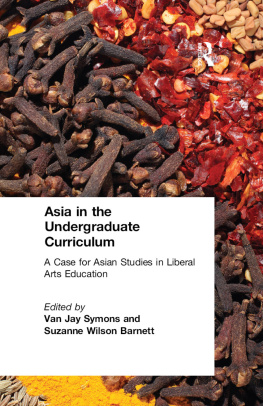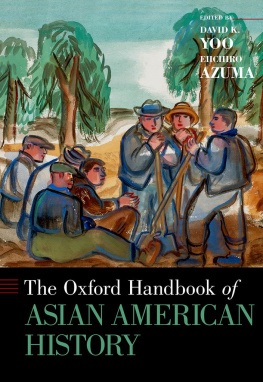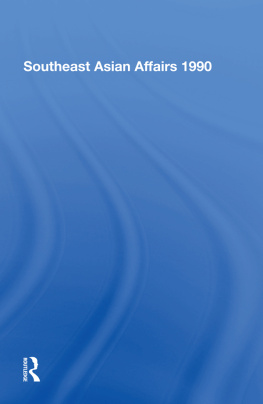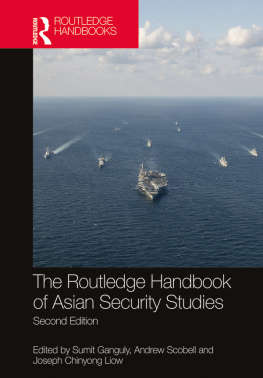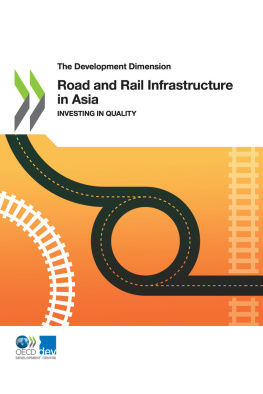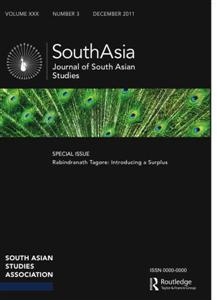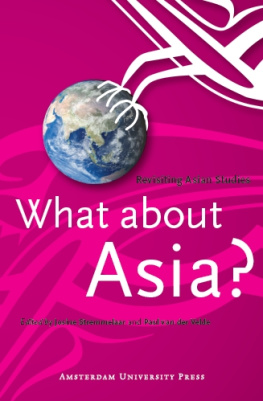ASIA
in the
Undergraduate Curriculum
A CONSORTIUM OF LIBERAL ARTS COLLEGES TO PROMOTE ASIAN STUDIES
ASIANetwork is a consortium of about 150 North American colleges working together to strengthen the understanding and presence of Asia in liberal arts colleges. We believe that the liberal arts curriculum must incorporate within it a significant component of Asian Studies. This will help prepare a new generation of undergraduates for a changing world in which Asian societies will play prominent roles.
ASIANetwork thus responds to the need for Asian countries and cultures to be represented on our campuses and for our students and faculty to experience these cultures first hand. In a time of fiscal constraints, the Network has been created by member colleges to facilitate conversations among their faculty and administrators in the development of new programs, the strengthening of current ones, and the exploration of new opportunities for collaboration among institutions. The unique teaching mission, scale, and resource limitations of the undergraduate liberal arts institution pose special opportunities and challenges in the development of Asian Studies, and ASIANetwork aims to meet these needs.
ASIA
in the
Undergraduate Curriculum
A Case for Asian Studies in Liberal Arts Education
Suzanne Wilson Barnett and Van Jay Symons
Editors
An East Gate Book
First published 2000 by M.E. Sharpe
Published 2015 by Routledge
2 Park Square, Milton Park, Abingdon, Oxon OX14 4RN 711
Third Avenue, New York, NY 10017, USA
Routledge is an imprint of the Taylor & Francis Group, an informa business
Copyright 2000 Taylor & Francis. All rights reserved.
No part of this book may be reprinted or reproduced or utilised in any form or by any electronic, mechanical, or other means, now known or hereafter invented, including photocopying and recording, or in any information storage or retrieval system, without permission in writing from the publishers.
Notices
No responsibility is assumed by the publisher for any injury and/or damage to persons or property as a matter of products liability, negligence or otherwise, or from any use of operation of any methods, products, instructions or ideas contained in the material herein.
Practitioners and researchers must always rely on their own experience and knowledge in evaluating and using any information, methods, compounds, or experiments described herein. In using such information or methods they should be mindful of their own safety and the safety of others, including parties for whom they have a professional responsibility.
Product or corporate names may be trademarks or registered trademarks, and are used only for identification and explanation without intent to infringe.
Library of Congress Cataloging-in-Publication Data
Asia in the undergraduate curriculum : a case for Asian studies in liberal arts education / edited by Suzanne Wilson Barnett and Van Jay Symons. Library of Congress Cataloging-in-Publication DataLibrary of Congress Cataloging-in-Publication Data
p. cm.
An East Gate Book
Includes bibliographical references and index.
ISBN 0-7656-0545-7 (cloth : alk. paper)ISBN 0-7656-0546-5 (pbk. : alk. paper)
1. AsiaStudy and teaching. I. Barnett, Suzanne Wilson, 1940 II. Symons, Van Jay.
DS32.8.A85 2000
95 0 .071 173dc21
00-020161
CIP
ISBN 13:9780765605467 (pbk)
ISBN 13:9780765605450 (hbk)
We dedicate this book to all who have helped make a place for Asia in the liberal arts.
Contents
Suzanne Wilson Barnett and Van Jay Symons
Thomas B. Coburn
Samuel Hideo Yamashita
Stanley L. Mickel
Stephen P. Nussbaum
Rita Smith Kipp
Ainslie T. Embree
Suzanne Wilson Barnett is a China historian and professor of history at the University of Puget Sound. She is a graduate of Muskingum College and received her Ph.D. from Harvard University. She served on the ASIANetwork board of directors from 1996 through 1999, as chair in 19981999.
Thomas B. Coburn is a specialist in the religions and cultures of South Asia and is academic vice president and Charles A. Dana Professor of Religious Studies at St. Lawrence University. He did his undergraduate work at Princeton and received his Ph.D. from Harvard University. He served on the ASIANetwork board of directors in 19961999.
Ainslie T. Embree is a historian of South Asia and professor emeritus of history, Columbia University. His undergraduate degree is from Dalhousie University, and he received his Ph.D. from Columbia University. A past president of the Association for Asian Studies, he serves on the ASIANetwork council of advisors.
Rita Smith Kipp is an anthropologist with a specialty in Indonesia, and is a professor of anthropology at Kenyon College. She is a graduate of the University of Oklahoma and received her Ph.D. from the University of Pittsburgh. She served on the ASIANetwork board of directors in 19931996.
Stanley L. Mickel is professor in Chinese language and literature at Wittenberg University. His undergraduate degree is from the University of California, Berkeley, and he received his Ph.D. from Indiana University. He serves on the ASIANetwork board of directors from 1997 through 2000, as chair in 19992000.
Stephen P. Nussbaum is an anthropologist with a specialty in Japan, and is a professor at Earlham College, where he has been administrator of the Japan Study program. Beginning in 19992000, he is visiting professor at the Center for International Education at Waseda University, Tokyo. He did his undergraduate work at the University of Notre Dame and received his Ph.D. from Cornell University. He served on the ASIANetwork board of directors in 19931996.
Van Jay Symons is a China historian and professor of history at Augustana College. He is a graduate of Brigham Young University and received his Ph.D. from Brown University. He served on the ASIANetwork board of directors from 1995 through 1998, as chair in 19971998, and currently is executive director of ASIANetwork.
Samuel Hideo Yamashita is a Japan historian and Henry E. Sheffield Professor of History at Pomona College. His undergraduate degree is from Macalester College, and he received his Ph.D. from the University of Michigan.
Suzanne Wilson Barnett and Van Jay Symons
This book explores the dynamic teaching and learning evidenced in liberal arts education, and it suggests that the study of Asia at the undergraduate level enriches and deepens liberal arts education. The book chronicles the growing awareness of the value of integrating coordinated courses on Asian life and thought into college curricula as a basis for enabling students to understand, and contribute to, an increasingly mobile world of diverse societies and cultures. Moreover, the book argues that the rich intellectual and cultural traditions of Asia enhance liberal arts education. The chapters that follow make a case for Asian studies in the liberal arts, but in the process they also make a case for the liberal arts.

